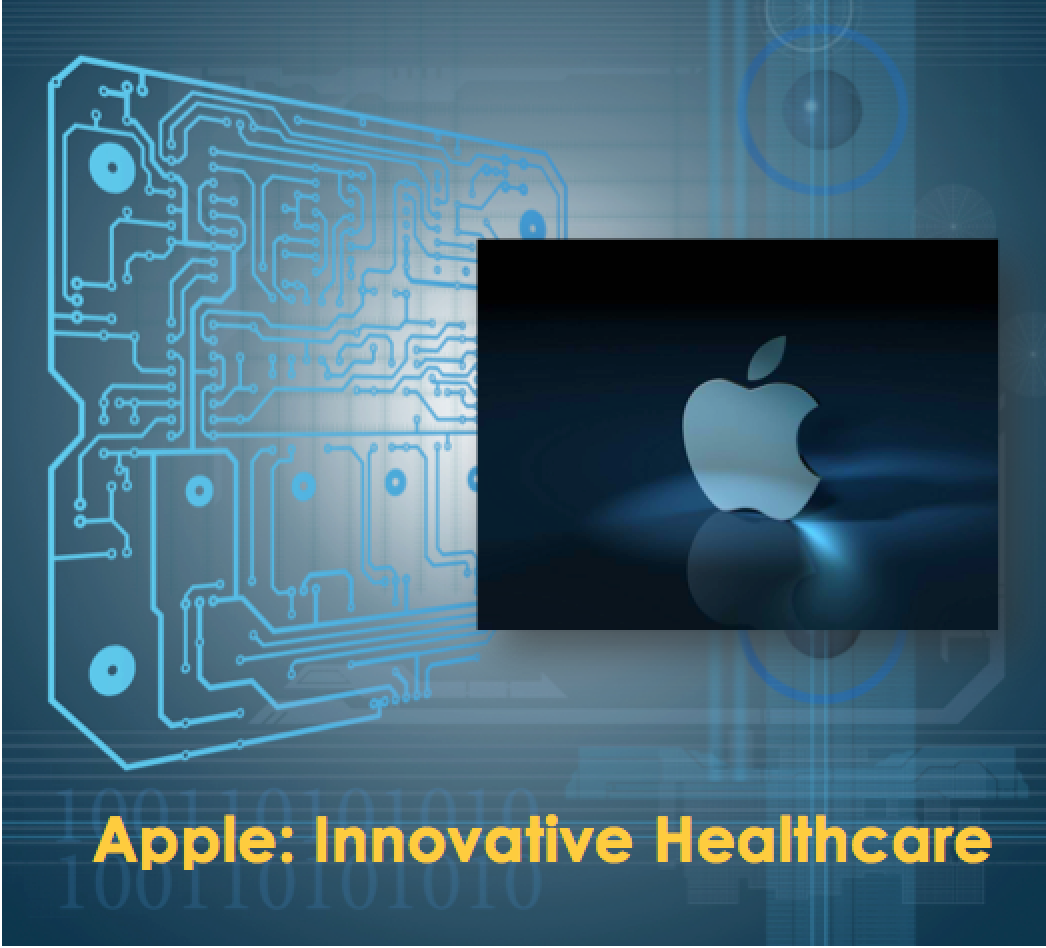In view of the rising number of mobile users worldwide, digital healthcare industry has recognized the practicability of using mobile devices to improve accessibility and affordability of their services. One technology giant, which has predicted the future of digital healthcare sector is Apple Inc.
Over the past few years, Apple has become a significant contributor to digital healthcare through innovative products ranging from software initiatives, fitness equipment and wearable devices. Apple’s approach is a more comprehensive mHealth platform that can be synced over an iOS device and focuses on more advanced healthcare.
Current trends in the digital healthcare sector demand the use of fitness sensors that can easily be integrated into any fitness devices (smart watch or wrist bands), and can be used to track the user’s health stats – ranging from heart rate to sleeping patterns. The data, thus collected, is interpreted in the form of graphs and diagrams using the mobile health applications. Moving forward, the data can also be shared with health professionals, for further diagnoses. Hence, Apple is focused on building robust mHealth Apps and devices, which benefit both patients and medical professionals, thereby contributing to improved diagnoses and care.
In 2014, Apple has entered the digital healthcare market with an innovative, best-in-class health apps and health app developer platforms. Apple’s Health apps are used to track user’s heart rate, sleep patterns, calorie intake and other health metrics, which can later be stored in Apple’s devices, and shared with doctors or medical practitioners. Apple’s consultations with leading hospitals, medical institutions and foundations around the world to gain insights on medical research, has resulted in two innovative digital healthcare solutions – ResearchKit and CareKit. ResearchKit is an open-source software framework that enables developers to build Apps that let medical researchers gather robust and meaningful data. CareKit is another open source framework that lets developers build personal care apps to better understand and manage medical conditions.
Apps developed on ResearchKit platform include mPower for Parkinson’s Disease, Autism & Beyond, EpiWatch to predict seizures, Asthma Health, Concussion Tracker, Stop COPD, GlucoSuccess, C Tracker for Hepatitis C among others. Meanwhile, apps developed on CareKit platform include Diabetes care app, Chronic conditions care app, Post-surgical care app.
Health apps developed by Apple focus on novel medical insights and discoveries that help widen the scope of medical research and personal care, by making it easier to enroll participants and conduct clinical studies. Meanwhile, ‘Apple Watch’ is a wearable device that is equipped with a sensor to detect the user’s heartbeat and other metrics; as well as an integrated software that is synced with an iOS device. For medical professionals in the US, Apple Watch is designed in such a way that it notifies them when patients arrive in their waiting room, and provides data on patients such as age, gender and weight. One major focus of Apple’s novel mHealth services is to enable self-monitoring of people’s health, and the use of patients’ health data to improve diagnoses and care.
Complex regulations, tough competition from peers and high-level integration with other software applications and medical devices, among other factors are considered to be major hurdles for the emergence of digital healthcare industry. However, the goal of digital healthcare is to create a purpose for the large health data detected and collected via wireless tracking devices. This helps improve patients’ healthcare and well-being as well as contribute to innovative solutions for some of the most pressing healthcare issues across the globe.




